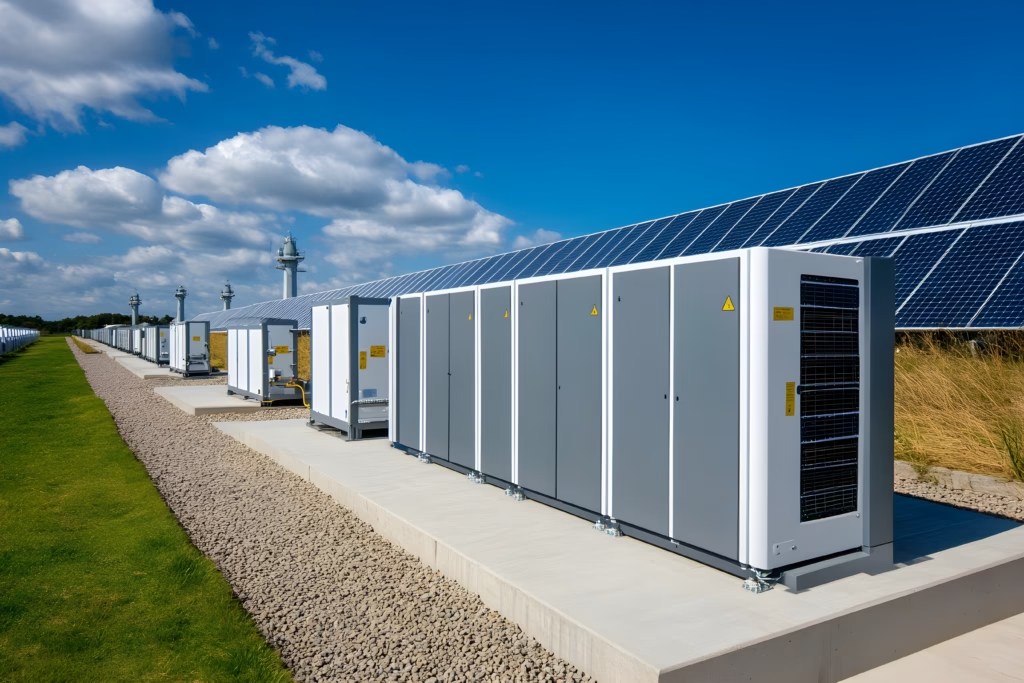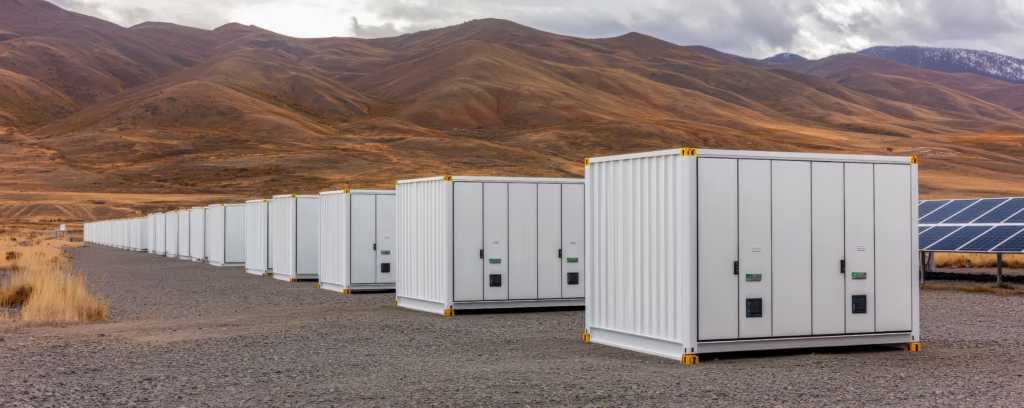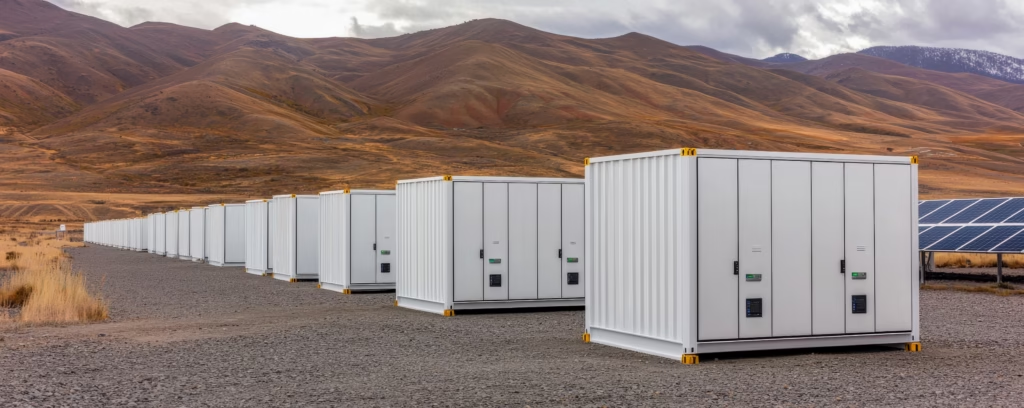



The growth of solar energy has reshaped the way we produce and consume electricity. As solar technology advances, the importance of efficient solar energy storage solutions has become evident. This necessity arises due to the intermittent nature of solar energy, which generates power during the day but not at night or during cloudy weather. Therefore, effective energy storage systems are crucial for maximizing the use of solar energy.
Understanding Solar Energy Storage
Solar energy storage refers to the process of capturing and storing electricity generated from solar panels for later use. This capability allows homeowners and businesses to utilize solar power even when the sun is not shining. The main types of energy storage systems used in conjunction with solar energy include batteries, pumped hydro storage, and thermal storage systems.
-
Batteries: These are the most common storage solutions for solar energy. Batteries store surplus energy generated during peak sunlight hours and release it when needed. Lithium-ion batteries are the most popular choice due to their high energy density, efficiency, and declining costs. Other types include lead-acid, flow batteries, and saltwater batteries.
-
Pumped Hydro Storage: This traditional form of energy storage involves pumping water uphill to a reservoir during low electricity demand and releasing it to generate power when demand is high. It requires specific geographical locations and is more suitable for large-scale operations.
-
Thermal Storage: This approach involves storing heat generated from solar energy, which can be converted back into electricity or used directly for heating purposes. Materials like molten salt are commonly used to store thermal energy, especially in concentrated solar power (CSP) plants.
Battery Technologies for Solar Energy
Battery technology is evolving rapidly, providing better efficiency, longer life spans, and lower costs. The key advancements in battery technology include:
-
Lithium-Ion Batteries: These batteries have dominated the market due to their high energy density and efficiency. They are widely used in residential solar energy systems, electric vehicles, and grid storage solutions.
-
Flow Batteries: These batteries allow for a longer cycle life and complete discharge without damage, making them suitable for larger scale energy applications. They can be expensive but offer scalability benefits.
-
Saltwater Batteries: These are an emerging technology that is less toxic and more environmentally friendly. Though still in the early stages of development, they offer great potential for large-scale energy storage.
The performance of batteries is measured in terms of their energy capacity (kWh), power capability (kW), cycle life, and round-trip efficiency. Selecting the right battery technology is critical for optimizing solar energy usage.
Benefits of Solar Energy Storage Solutions
The adoption of energy storage solutions paired with solar power offers numerous benefits:
-
Energy Independence: Homeowners and businesses can reduce their reliance on the utility grid, leading to lower energy bills and increased self-sufficiency.
-
Grid Reliability: By storing excess solar energy, users can contribute to grid stability and reliability, especially during peak demand periods or outages.
-
Environmental Impact: Storing solar energy reduces carbon footprints, as it decreases reliance on fossil fuels. This aligns with global efforts to combat climate change.
-
Facilitates Renewable Integration: Energy storage helps in integrating other renewable sources into the energy grid, moving towards a more sustainable energy landscape.
Challenges and Considerations
Despite the many benefits, solar energy storage technologies also face challenges:
-
Cost: While prices for battery technologies are declining, the initial investment for energy storage systems can still be substantial. Financial incentives and rebates can help mitigate these costs.
-
Technological Limitations: Many existing battery technologies still struggle with longevity and efficiency. Continued research and development are required to enhance performance.
-
Regulatory Hurdles: Policy frameworks differ by region, affecting how solar energy storage systems can be implemented.
Future Trends in Solar Energy Storage
The trajectory of solar energy storage is poised for growth, driven by several trends:
-
Increased Demand: Rising awareness of renewable energy’s advantages will lead to more demand for efficient storage solutions.
-
Technological Innovations: New technologies like solid-state batteries and improved lithium-ion variants will enhance safety and efficiency while lowering costs further.
-
Integration with Smart Grids: The emergence of smart grids will allow for better energy management, optimizing how energy storage interacts within energy systems.
-
Hybrid Systems: The future may see more integration of solar energy with other renewable sources (like wind) combined with robust storage solutions for optimal energy management.
-
Sustainability Focus: As consumers place more emphasis on sustainability, the market for eco-friendly battery solutions—such as those using organic or biodegradable materials—will likely expand.
Conclusion
Solar energy storage solutions and battery technologies are essential for maximizing the benefits of solar power. With advancements in battery technologies and an emphasis on environmental sustainability, the future of solar energy looks promising. Integrating these storage systems enhances energy independence, reliability, and supports the transition to a greener energy future.
For more detailed insights, explore other topics and resources from Andromeda Energy, including benefits of solar power and innovations in energy technology.
To learn more about battery technologies, check out our related blogs on Solar Efficiency Innovations and Renewable Energy Storage Solutions.
Visit us at Andromeda Energy for further information and updates on renewable energy solutions.
For Further Detail
https://www.renewableenergyworld.com/


Leave a Reply